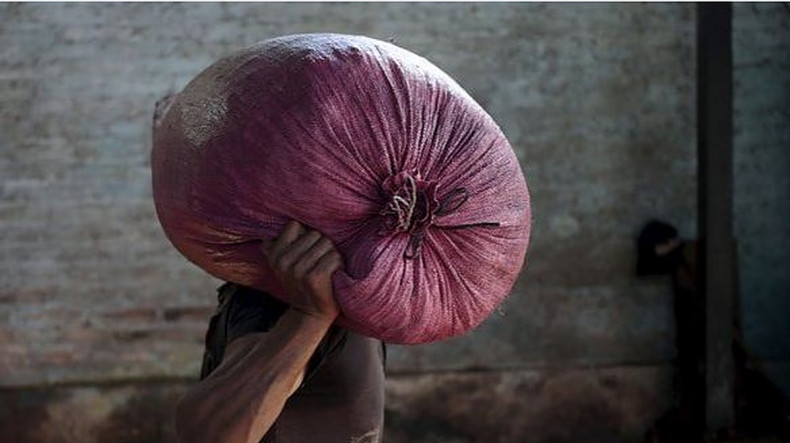
Coffee and cocoa stored in EU warehouses at risk of destruction
Hundreds of thousands of tonnes of coffee and cocoa stored in EU warehouses risk being destroyed as an unforeseen consequence of the bloc’s deforestation law, which came into force in June this year, the Financial Times reports.
The law aims to ban products including coffee, cocoa, palm oil and rubber that have been grown in areas of deforestation from being sold within the bloc.
But both Intercontinental Exchange (ICE), one of the main coffee and cocoa futures trading venues, and the International Trade Centre, a joint agency of the UN and World Trade Organization, have warned that coffee and cocoa produced and stored in the EU during a transition period that lasts until December 2024 could be deemed non-compliant and have to be sold outside the bloc or destroyed.
Some 70 per cent of the world’s cocoa comes from Ivory Coast and Ghana, where deforestation and child labour are rife. The world’s top coffee producers are Brazil, Vietnam, Colombia and Indonesia.
“If it lands on the market within the transition period that’s fine. But if it is held and released after the end of the transitional year, it may not be,” said Pamela Coke-Hamilton, executive director of the International Trade Centre. “It could be extremely difficult . . .[the goods] won’t be allowed in because [producers] wouldn’t have . . . done anything that would make it compliant with the new regulations.”
That means that producers would probably send it elsewhere “or dump it”, she said.
ICE warned that confusion over stored goods “will impact the industry’s ability to trade products in a frictionless way, and manage risk responsibly and effectively”.
This could cause disruptions, affecting “the entire supply chain from farmer to consumer”, ICE said, adding that clear guidance from Brussels and national authorities “will be a critical step” to prevent this.
In a paper outlining the issue, ICE said that almost 200,000 metric tons of cocoa and 150,000 metric tons of coffee beans were held in ICE-licensed warehouses in ports across Europe in the summer.
The EU rules are seen as a crucial part of its flagship Green Deal environmental law and aim to prevent the bloc’s consumption from inflicting more damage on countries outside of its borders.
But it has been widely contested by developing nations that argue it is making it expensive and punitive to trade with EU countries.
The regulation requires that importers provide geolocation data for their goods to prove that they have not come from areas affected by deforestation. Goods will be checked according to how at risk of deforestation the country of origin is considered to be.
Coffee and cocoa are particularly impacted because they are not immediately cleared through customs on arrival in the EU and can spend more than 18 months — the length of the transition period set out in the deforestation law — in bonded warehouses.